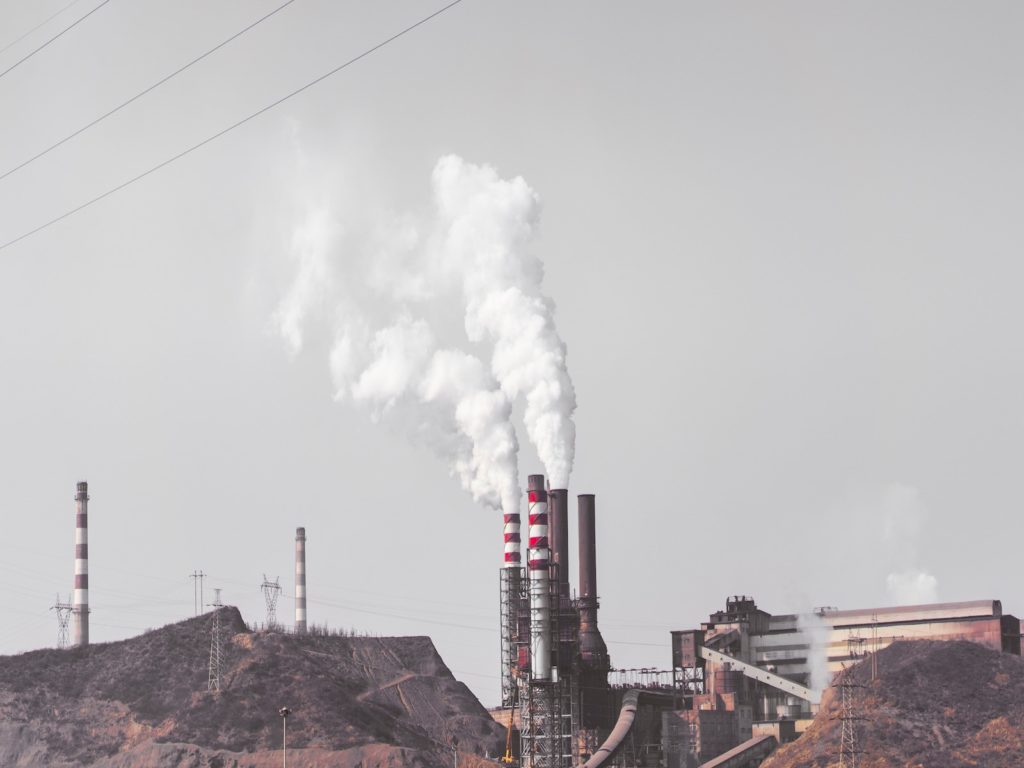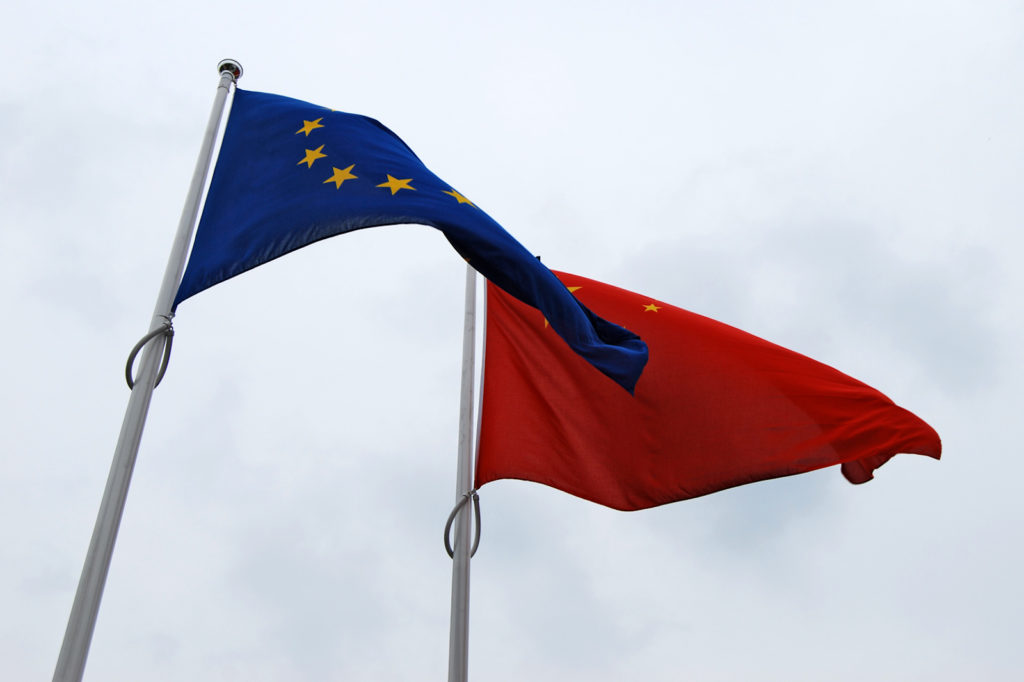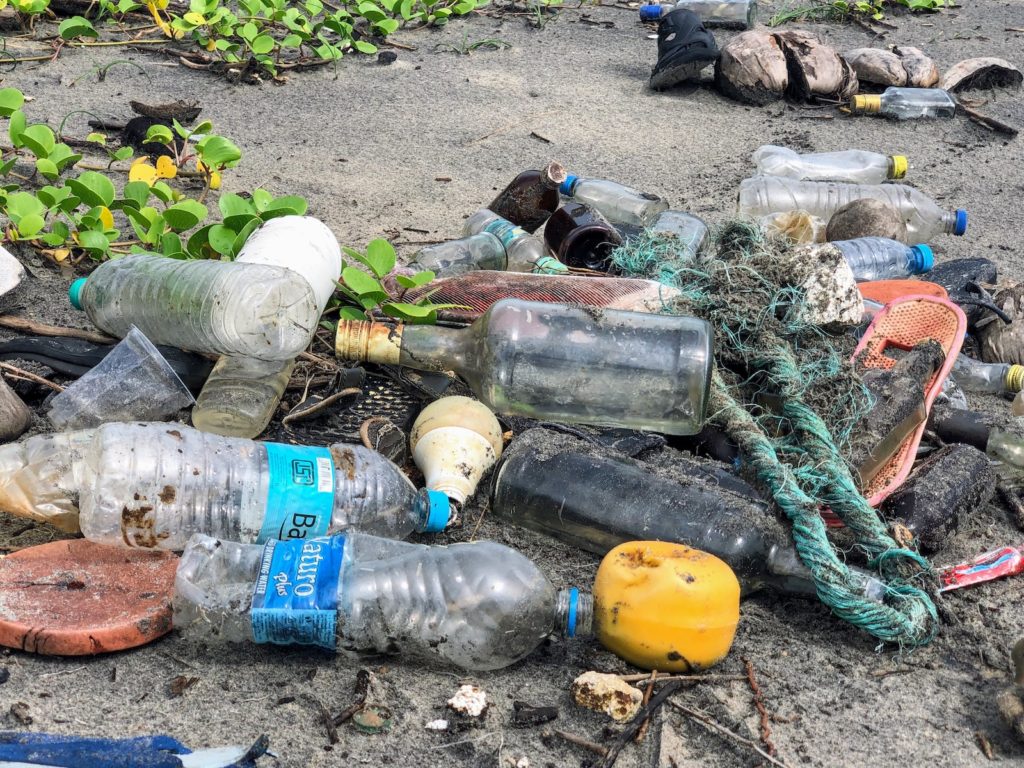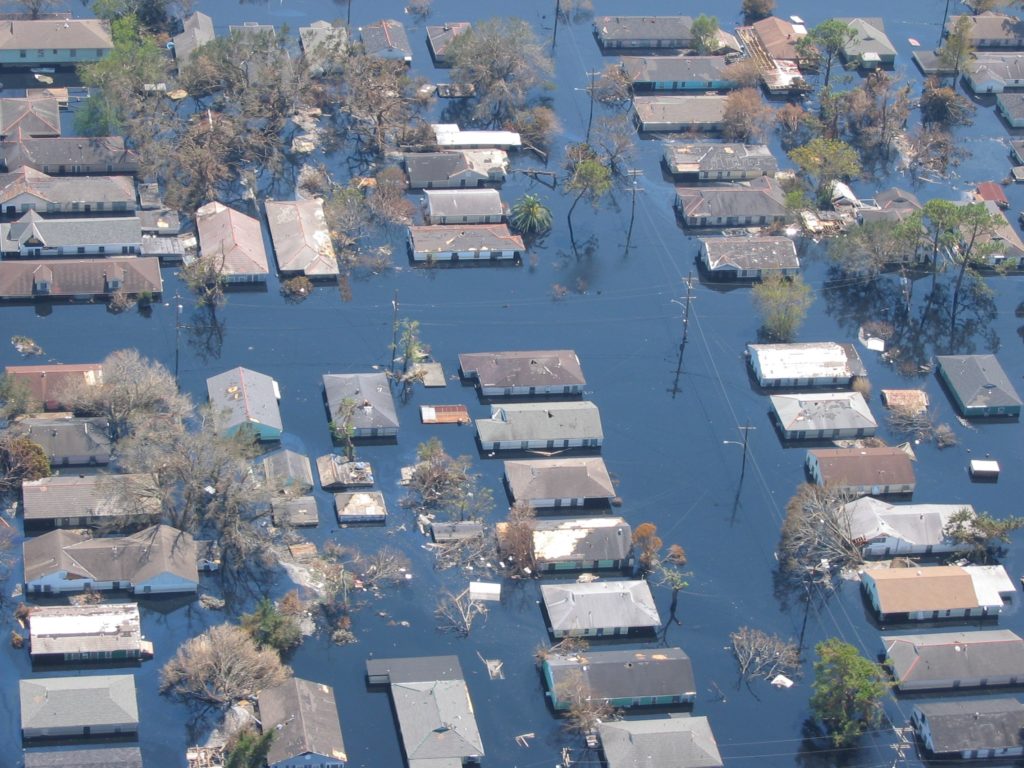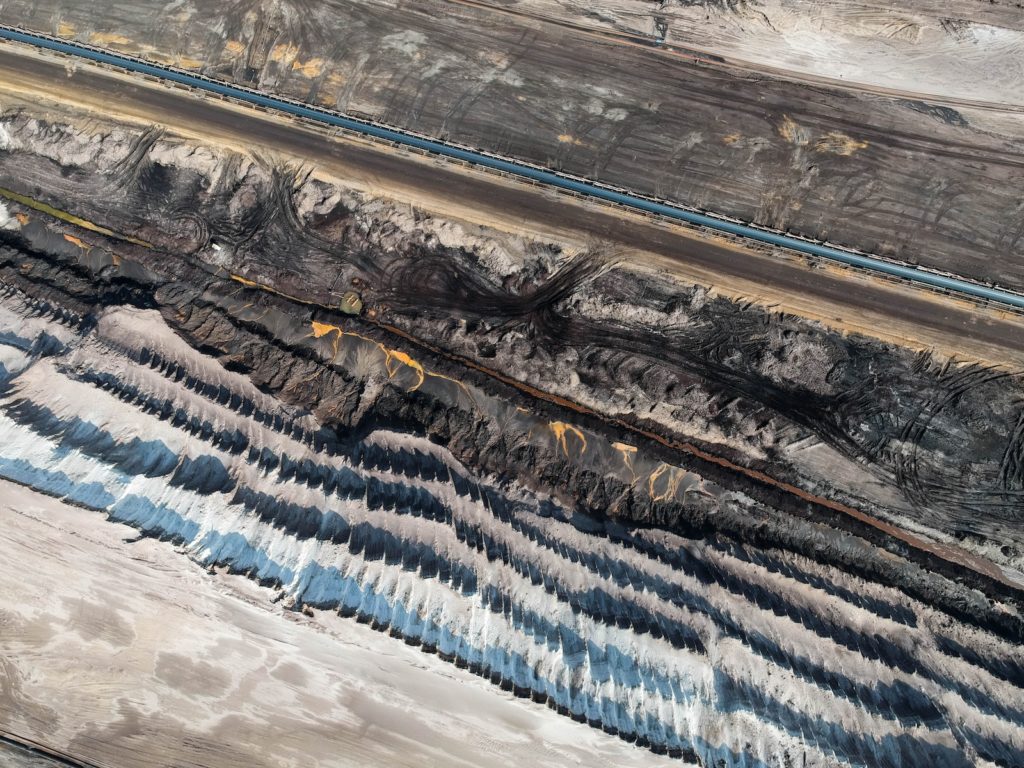
When Renewables are Cheaper: Coping With the Coal Cost Crossover
The coal cost crossover is when renewables become less costly than using coal. A new report reveals that the USA has officially entered this point, whereby approximately 75% of coal production is more expensive than renewables, with the US coal industry to be completely out-competed on cost by 2025. However, how this energy transition will affect local communities remains unclear.


